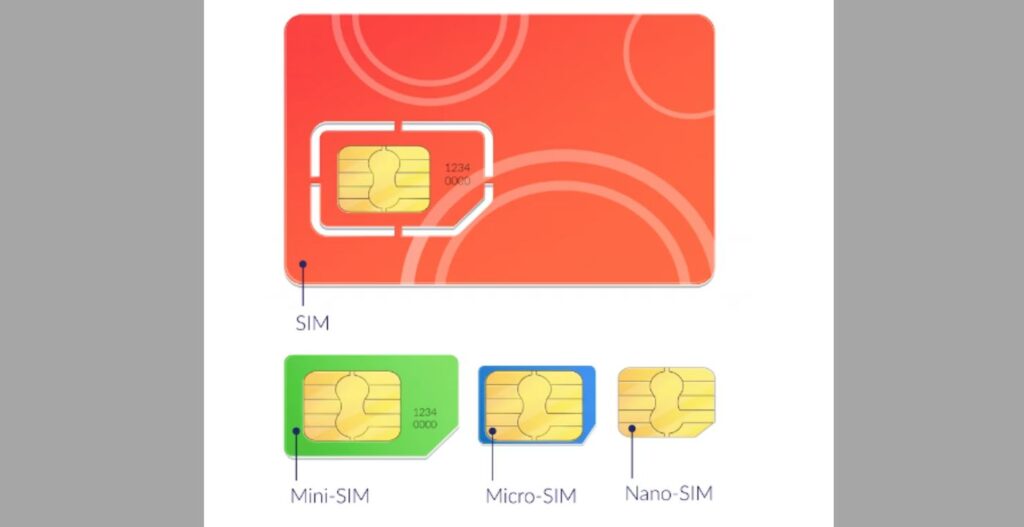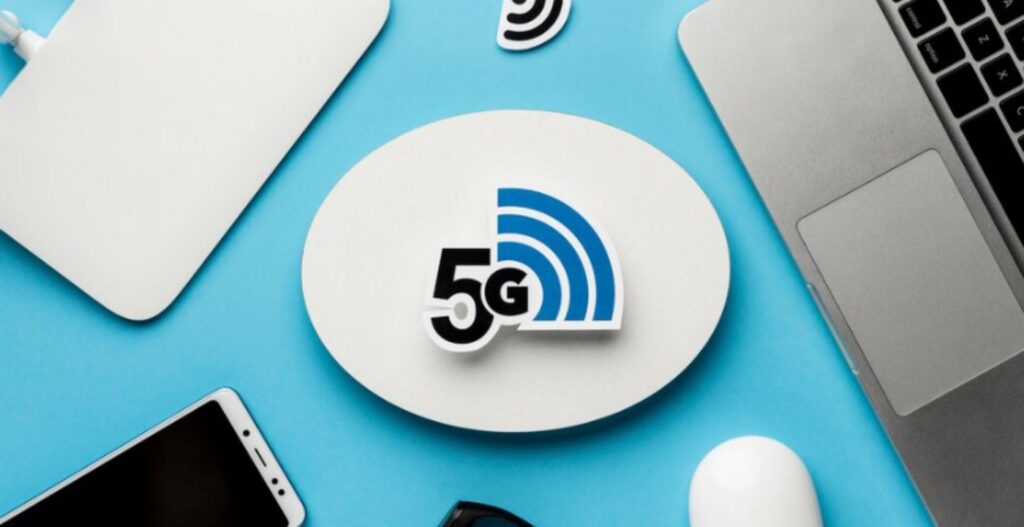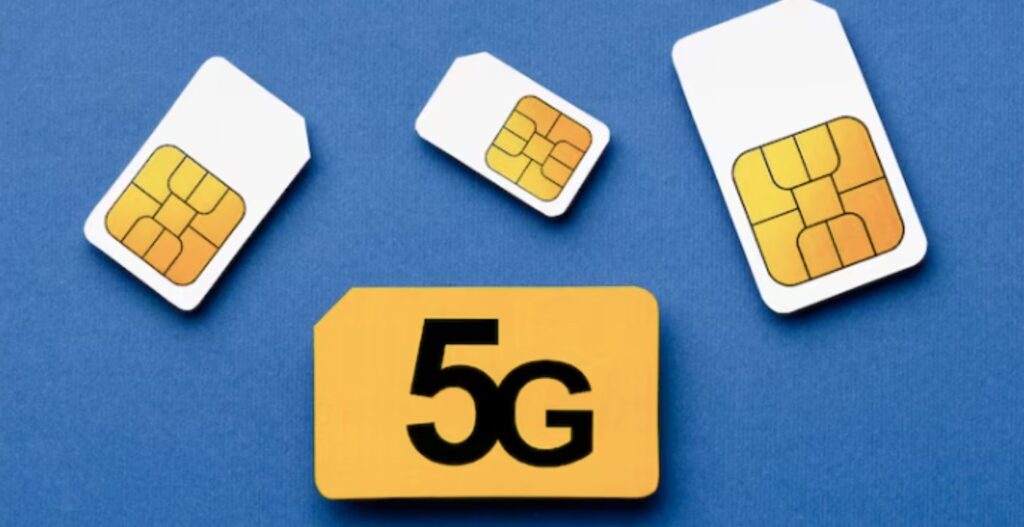Introduction
In the era of rapid technological advancement, SIM cards play a pivotal role in connecting individuals to the digital world. In Pakistan, these small, unassuming cards have revolutionized communication, providing access to mobile networks and a host of digital services. This article serves as a comprehensive guide to SIM cards in Pakistan, covering their significance, acquisition, registration process, available services, and future prospects.
Understanding SIM Cards

What is a SIM Card?
A Subscriber Identity Module (SIM) card is a small, removable card that identifies and authenticates a user on a mobile network. It contains essential data such as the user’s phone number, contacts, and security information, allowing access to voice, text, and data services.
Evolution of SIM Technology
SIM card technology has evolved over the years from the traditional SIM to the more advanced embedded SIM (eSIM). These advancements have led to improved user experiences, greater security, and enhanced connectivity.
Importance of SIM Cards in Pakistan
In Pakistan, where mobile penetration has rapidly increased, SIM cards are vital for communication and accessing digital services. They empower users to stay connected, conduct business transactions, and access the internet on the go.
Acquiring a SIM Card
Choosing a Mobile Network Provider
Pakistan boasts a competitive mobile market with several network providers offering diverse plans and services. Users should research and select a provider that best aligns with their communication needs and budget.
Types of SIM Cards
SIM cards are available in various sizes, including standard, micro, and nano SIMs, catering to different device requirements. Users should choose the appropriate size for their device.
Purchase and Activation Process
To acquire a SIM card, visit a local retailer or the provider’s outlet, fill out the required forms, and provide a valid ID for registration. After completing the process, the SIM card will be activated, and you can start using it.
SIM Card Registration

Regulatory Requirements
In Pakistan, the government mandates the registration of SIM cards to enhance security and curb misuse. Users must provide valid identification and undergo biometric verification.
Biometric Verification Process
The biometric verification process involves scanning fingerprints and capturing a photograph to link the SIM card with the user’s identity. This step enhances security and ensures that each SIM is registered to a legitimate user.
Ensuring Personal Data Security
Mobile network providers are responsible for safeguarding users’ personal data. Users should be cautious about sharing their information and report any suspicious activity to their service provider.
Services and Features
Voice and Text Services
SIM cards provide access to traditional voice calls and text messaging services, enabling effective communication with friends, family, and colleagues.
Mobile Internet and Data Packages
Mobile data packages allow users to access the internet, browse websites, use social media, and stream videos. Providers offer various data packages to suit different usage patterns.
Value-Added Services
SIM cards offer a range of value-added services, such as caller tunes, mobile banking, and entertainment subscriptions, enhancing the overall user experience.
Mobile Number Portability

Changing Service Providers
Users can switch between mobile network providers while retaining their phone number. This process, known as mobile number portability, enables users to explore better offers and services.
Retaining Your Number
Mobile number portability ensures that users can keep their existing phone number even when changing providers, reducing the hassle of updating contacts.
Process and Considerations
To port a number, users need to request a porting code from their current provider, submit relevant documents to the new provider, and follow the porting process outlined by the regulator.
Future of SIM Cards
eSIM Technology
Embedded SIM (eSIM) technology eliminates the physical SIM card, allowing users to remotely switch between mobile network operators without changing physical cards.
Integration with IoT and Smart Devices
eSIM technology opens the door for seamless integration with a wide range of devices, including smartwatches, laptops, and even household appliances.
Enhancing User Experience
The future of SIM cards revolves around enhancing user experiences through improved connectivity, personalized services, and greater flexibility.
Tips and Troubleshooting

Protecting Your SIM Card
Users should keep their SIM cards safe and avoid sharing sensitive information, such as their PIN and PUK codes, with anyone.
Managing Balance and Usage
Regularly monitor your balance and data usage to avoid unexpected charges. Providers offer apps and online portals to track usage.
Dealing with Common Issues
If you encounter issues like signal problems or SIM card errors, contact your provider’s customer service for assistance and troubleshooting.
Conclusion
FAQs (Frequently Asked Questions)
It depends on the compatibility of the SIM card size with the new phone’s SIM card slot. Some phones require specific sizes.
Biometric verification involves using your fingerprints or facial features to confirm your identity during the SIM card registration process.
Yes, you can switch mobile networks by changing your SIM card to one from your desired network provider.
Yes, SIM card registration is mandatory in Pakistan to ensure security and accountability in mobile communication.
SIM cards enable mobile banking and transactions, providing individuals, especially in remote areas, access to financial services and digital payments.





